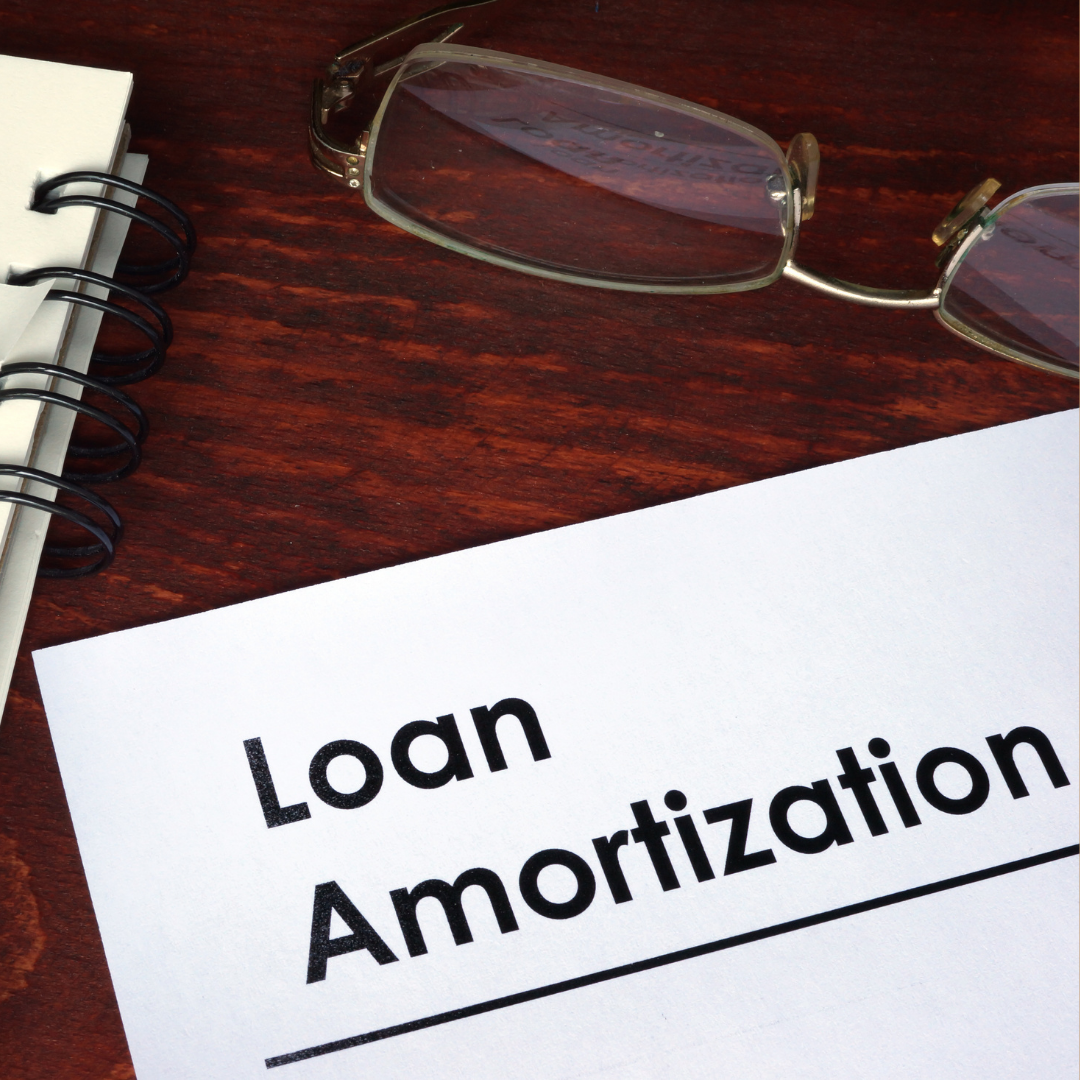Buy A Home This Year To Build Wealth
 It is important for everyone to diversify their investments. When people hear this term, they usually think about diversifying their investments across stocks, bonds, and mutual funds. In addition, it is also a prudent idea to leave the traditional financial markets and look for other sources of wealth as well.
It is important for everyone to diversify their investments. When people hear this term, they usually think about diversifying their investments across stocks, bonds, and mutual funds. In addition, it is also a prudent idea to leave the traditional financial markets and look for other sources of wealth as well.
This includes real estate. Without a doubt, this has been a challenging year. At the same time, those who are looking to build wealth should consider purchasing a house this year. There are several reasons why.
Mortgage Loans Are At Historic Lows
Those who have checked mortgage rates recently have probably found that they are close to historic lows. Therefore, a lot of people who would otherwise not be able to afford a home might be able to purchase a home at a relatively low price. Because interest rates are so low, this has the potential to save someone tens of thousands of dollars over the life of the loan. Even those who already have a mortgage are refinancing their homes anyway because of the significant difference. It is not often that homeowners have the opportunity to purchase a home at such a low price.
Real Estate Values Are Likely To Rise In The Future
Even though it is impossible to protect the real estate market with 100 percent certainty, there is a solid chance that real estate values are likely to rise in the future. Because the real estate market is depressed right now, many people believe that the only place the market has to go is up. There is no telling when the market is going to be this low again. As a result, those who are looking to make an investment in the real estate market should take advantage of the unique opportunity at the present time.
Diversify Investments In Real Estate To Build Wealth
Ultimately, there are a lot of challenges regarding looking for a home right now; however, those who are able to take advantage of the current opportunity have a chance to build wealth. Even though this might not be the perfect time to buy a home, it might be as close as the market gets. Consider looking for a new home today.

 Organizing a home seems like a significant challenge. Fortunately, there are easier ways to make this happen. In less than an hour per day, it is possible to organize a home from top to bottom. Getting these unnecessary items out of the way might even prevent people from stubbing their toes! How can this be possible?
Organizing a home seems like a significant challenge. Fortunately, there are easier ways to make this happen. In less than an hour per day, it is possible to organize a home from top to bottom. Getting these unnecessary items out of the way might even prevent people from stubbing their toes! How can this be possible?  Even though this may sound like a fancy word, amortization is simply a long word for a straightforward topic. Furthermore, it plays a significant role in the determination of monthly mortgage payments.
Even though this may sound like a fancy word, amortization is simply a long word for a straightforward topic. Furthermore, it plays a significant role in the determination of monthly mortgage payments.